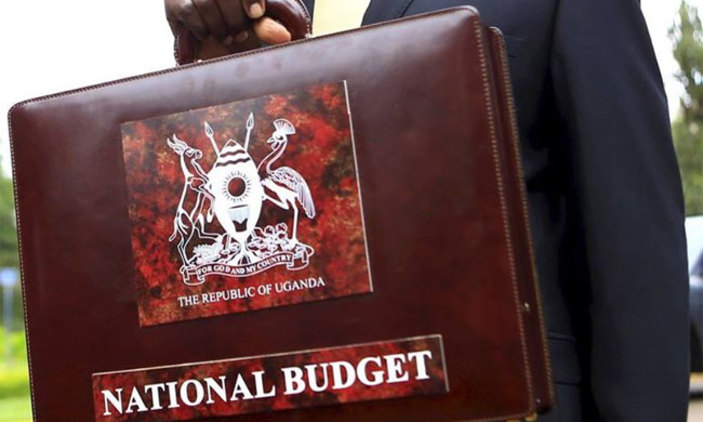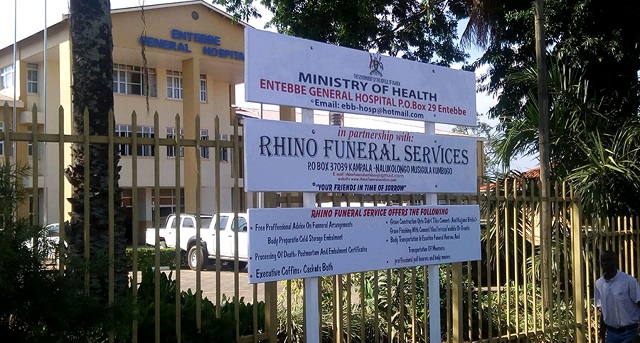Independent budget policy specialists are urging Uganda’s economic managers to reevaluate the implementation and financing strategy of the national budget. Concerns have been raised about the current approach, which allows for luxurious government expenditure, often manifested through frequent supplementary budgets.
The Finance Ministry’s December 7 letter requesting Uganda Revenue Authority’s explanation for the Shs600 billion revenue deficits between July and October of the current financial year has intensified these concerns. Julius Mukunda, the executive director of the Civil Society Budget Advocacy Group (CSBAG), emphasizes the need for government frugality in light of dwindling revenue collection targets.
Mukunda points out that a significant challenge lies in the unchecked financing strategy, leading to frequent supplementary budgets. He calls for strict regulation and limitation of supplementary estimates, noting that a considerable portion of these budgets is not justified and may contribute to corruption.
According to CSBAG’s analysis, poor planning and competence issues are responsible for the majority of supplementary budgets, raising suspicions of unwarranted financing strategies. Mukunda emphasizes the importance of prudent resource management in achieving service delivery and poverty eradication objectives outlined in the Shs52.7 trillion budget for the next financial year.
Highlighting challenges in revenue collection, Mukunda notes that only about 10 percent of the 3.2 million people on the tax register regularly pay their taxes. He attributes this to the challenging economic environment and the increasing Central Bank Rate, affecting private sector businesses’ borrowing costs.
While the government aims to fund the budget through improved revenue collection and controlled borrowing, Mukunda underscores the need for budget discipline, frugality, and optimizing efficiency. He believes that prioritizing these aspects will contribute to a more effective and sustainable financing strategy for Uganda’s national budget.




















